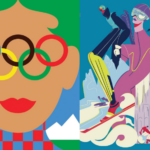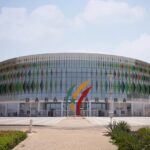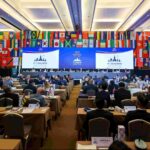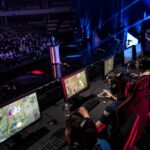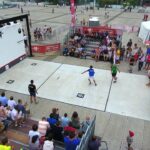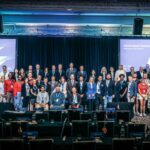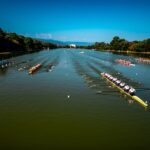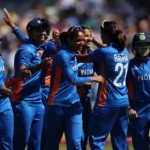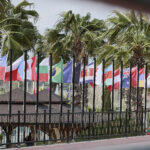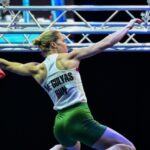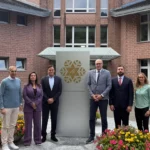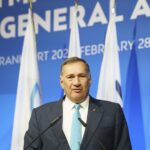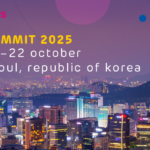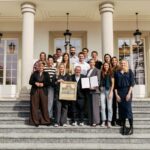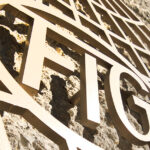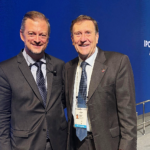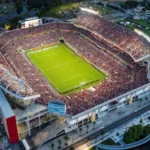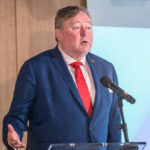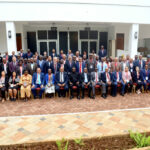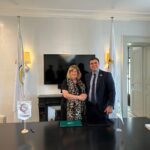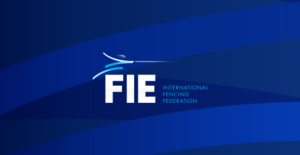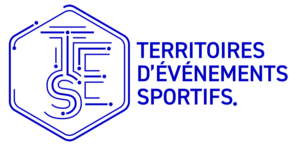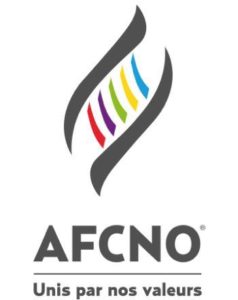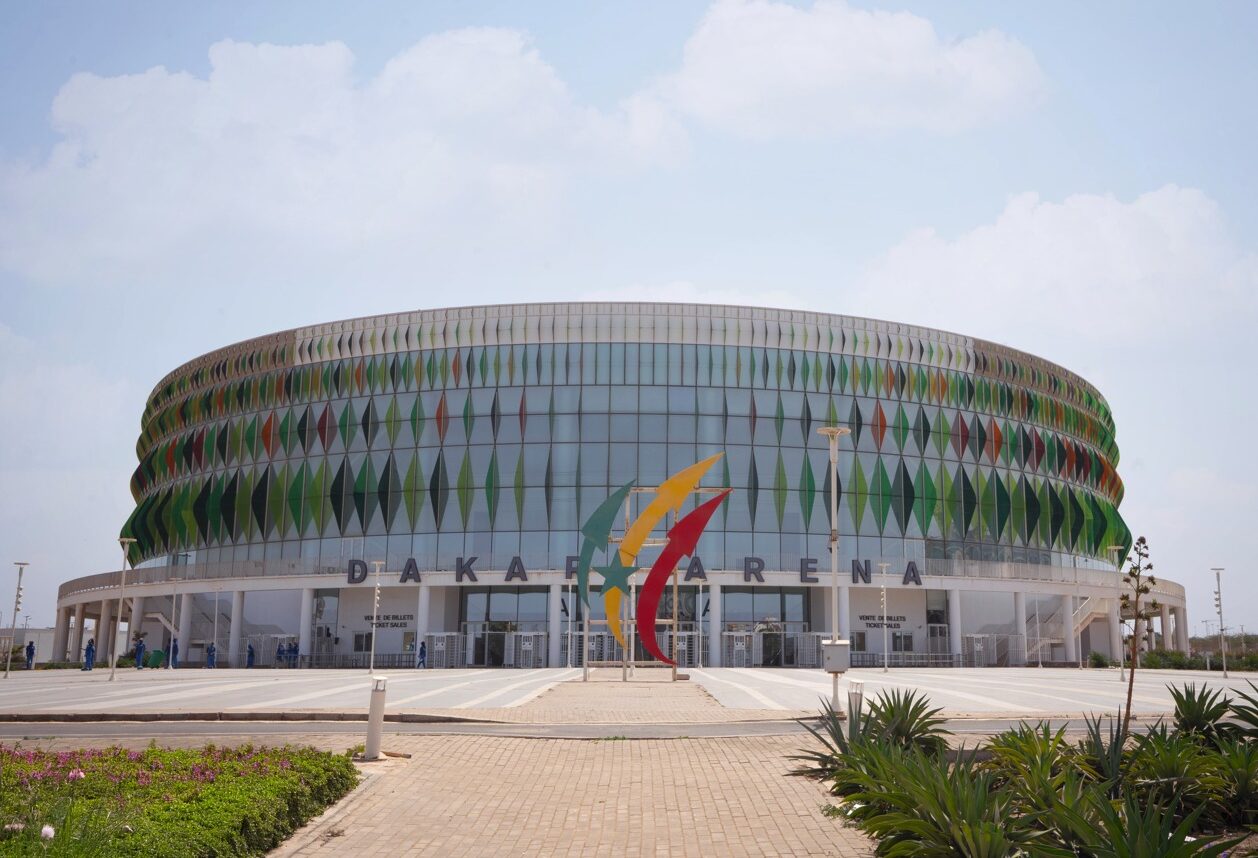
Dakar is not yet officially an Olympic city. The Senegalese capital, chosen by the IOC to host next year's Summer Youth Games (October 31 to November 13, 2026), will become one in a year and a handful of days. But a delegation led by the new mayor, Abass Fall, traveled to Seoul earlier this week to attend the smartcities & sport summit, at the invitation of the World Union of Olympic Cities. The opportunity for Francs Jeux to question the deputy mayor in charge of decentralized cooperation, Khady Niang Sylla, who is in charge of the Olympic event in the municipal team.
What's the latest news about Dakar 2026 for the city, almost a year to the day before the start of the Youth Olympic Games?
The official mascot has been revealed. It will be presented next week, Friday, October 31, to the President of the Republic, Bassirou Diomaye Faye. It is the result of a competition involving middle and high school students from across Senegal. The secret has been kept well. Even we at Dakar City Hall don't know it!
Are you ready? Is the city of Dakar on schedule 12 months from the deadline?
Yes, we are ready. Above all, we are where we wanted to be at this stage of preparation. Infrastructure work is progressing well. We are working hand in hand with the organizing committee on the issue of equipment. But we have also set up our own steering committee, open to the city's hundred or so elected officials and other key people, to carry out the actions and initiatives planned in Dakar for these Games. A committee, for example, is working on welcoming the many guests that Dakar will host for the 2026 YOG.
Who are you waiting for?
We have notably invited the mayors of all the cities with which Dakar has an agreement. The YOG are above all a sporting event, but we also want to give it a cultural dimension. To this end, the 19 municipalities that currently make up Dakar will offer cultural events to liven up their neighborhoods, even if they do not have sports facilities, and to promote Dakar to the rest of the world.
How are you involving the population of Dakar in the preparation of the Games?
We're doing this through the municipalities. The mayor of Dakar, Abass Fall, is meeting or will soon meet with the 19 mayors. With each of them, we discuss the desires and projects to be implemented during the 2026 YOG. Coastal municipalities, for example, can take advantage of this opportunity to organize regattas. The general idea is to mobilize the youth of Dakar everywhere so that they feel involved in the Olympic event. We will also rely on women's associations, which are very active in the neighborhoods of the different municipalities, to involve everyone.
Do you have any idea how many visitors are expected in Dakar for the Youth Games?
Not yet, no. At this stage, it remains difficult to estimate their number. But there will be thousands, in addition to athletes, officials, and delegation members.
Is the city ready to receive this influx of visitors and tourists?
Without a doubt. The organizing committee reserved rooms for accredited guests well in advance of the event. At the same time, partnerships were established with hotels and guesthouses.
Will these first Olympic Games on the African continent change the city of Dakar forever?
We hope so. As we often say, Africa hosts, Dakar celebrates. Today, we are fully engaged in preparation. But we are also thinking about what comes next. During the Games, Dakar will be visible around the world. Afterward, we hope for a legacy. It will be tangible, of course, with the construction or renovation of facilities. But it can also be intangible. We had the opportunity to meet this week in Seoul, during the smartcities & sport summit, with mayors and representatives of Olympic cities. Many spoke to us about this intangible legacy, about what remains of the Games long after the competitions are over. We hope to have the same experience, so that future generations will long remember their city hosting the Youth Olympic Games in 2026.

